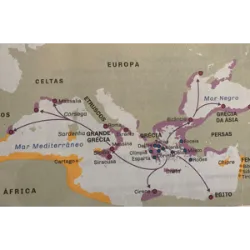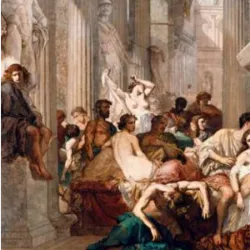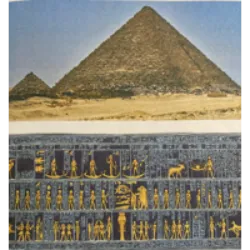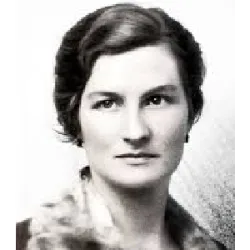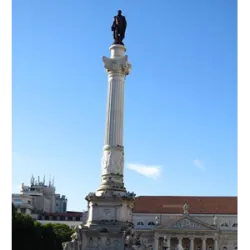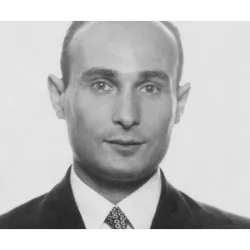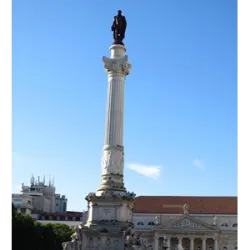Council of Trent (1545-1563)
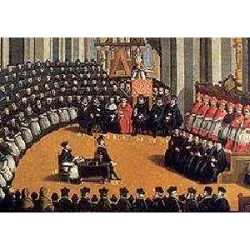
The Council of Trent, held between 1545 and 1563, was one of the most significant events in the history of the Catholic Church, convened to combat the Protestant Reformation and reinforce Catholic doctrine. In response to the movement initiated by Martin Luther in 1517, which challenged papal authority and church practices, the Council sought to reform the institution internally, condemning Protestant heresies and establishing stricter doctrinal and disciplinary norms.
The Council was a landmark of the Counter-Reformation, a movement that aimed not only to preserve Catholic principles, but also to restore the Church's influence over Europe. During its sessions, which took place in several stages over 18 years, dogmas such as the importance of tradition and Scripture, indulgences, and the vital role of the sacraments were reaffirmed. In addition, the Council reinforced papal authority and made significant internal reforms, combating abuses and promoting greater morality among the clergy.
The impact of the Council of Trent was lasting, influencing art, education, and religious practices for centuries. It helped solidify the identity of the Catholic Church and shape the religious and political landscape of the modern age, particularly during the height of the Counter-Reformation.
Did you know?
